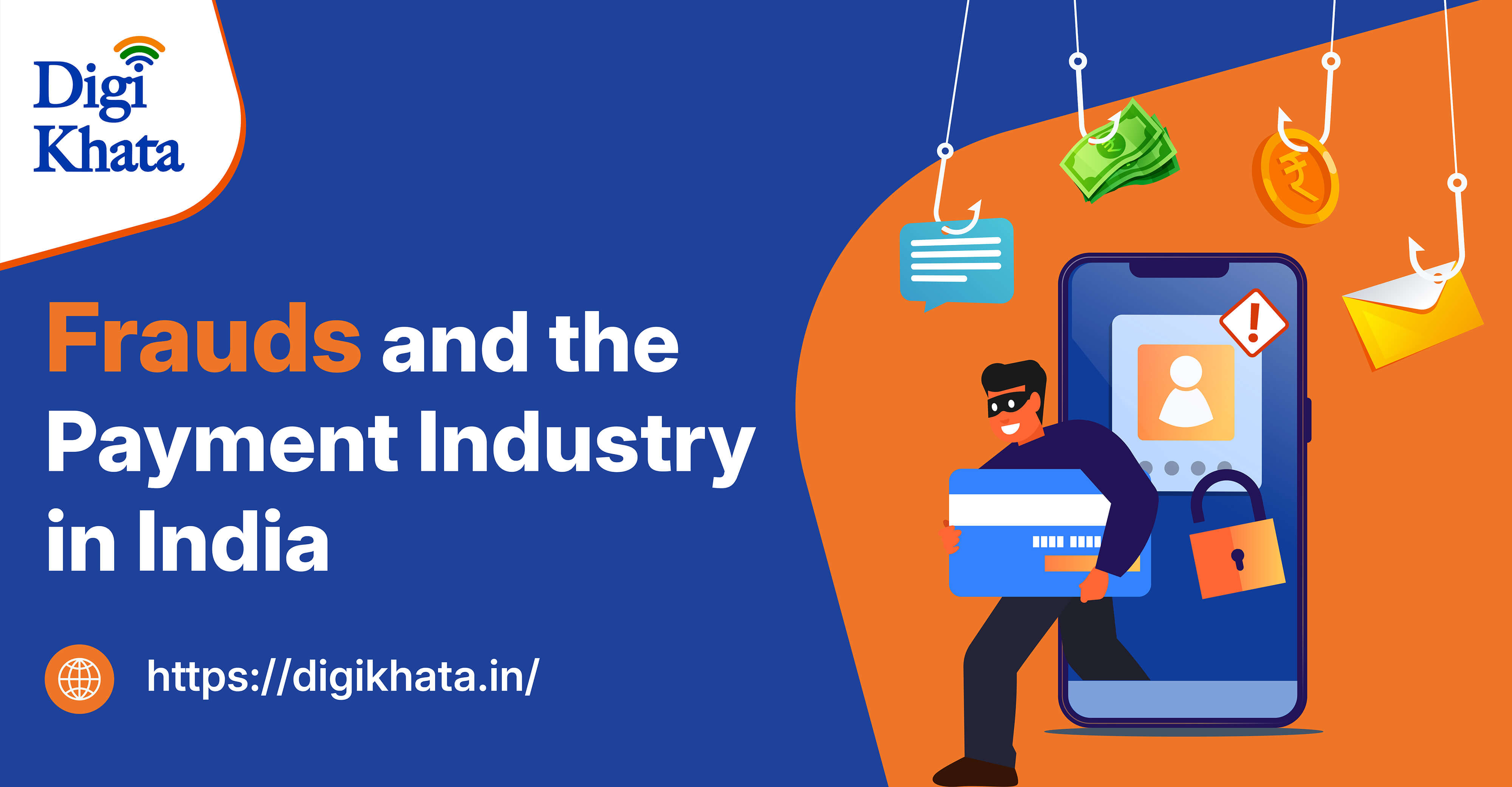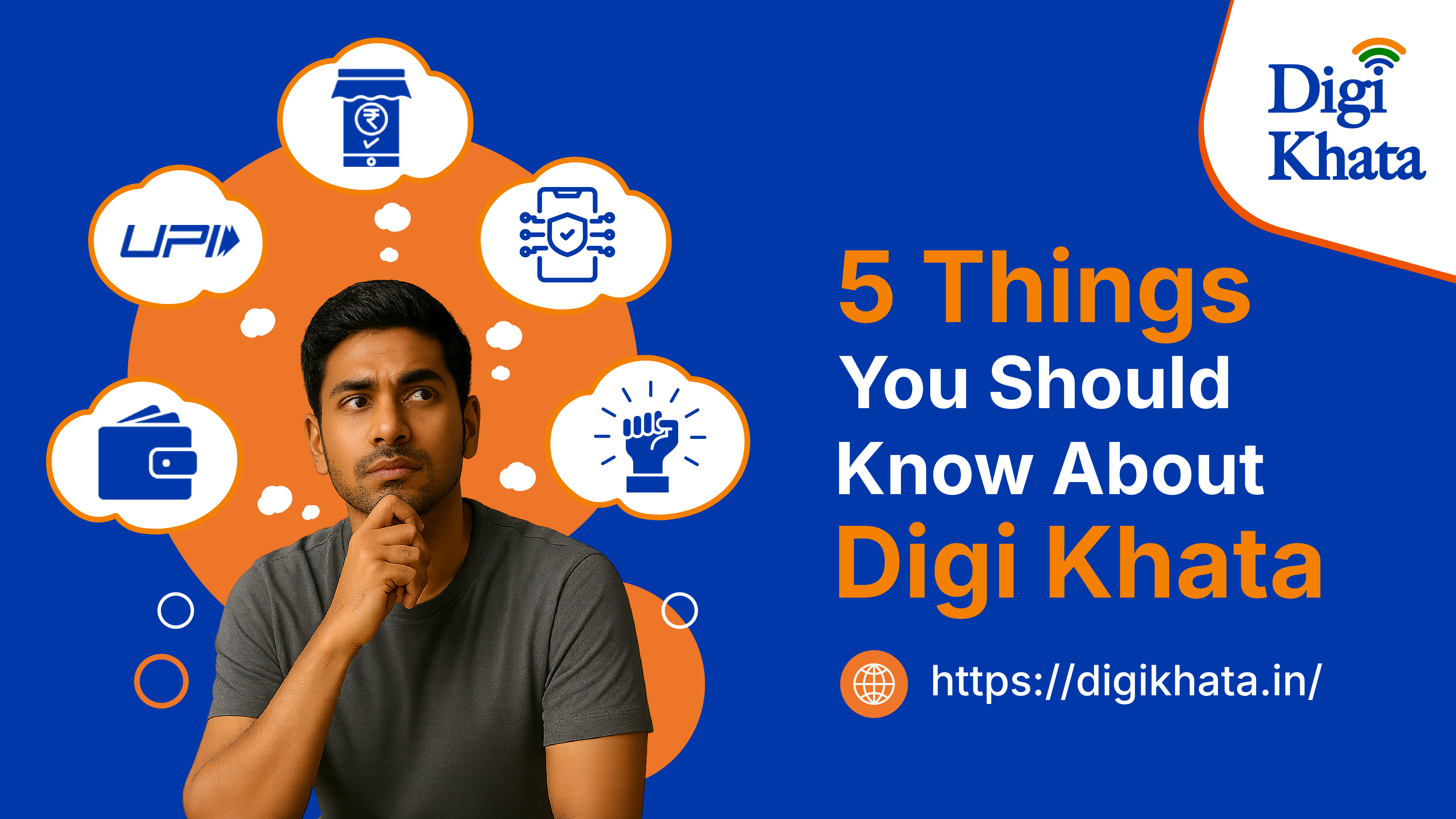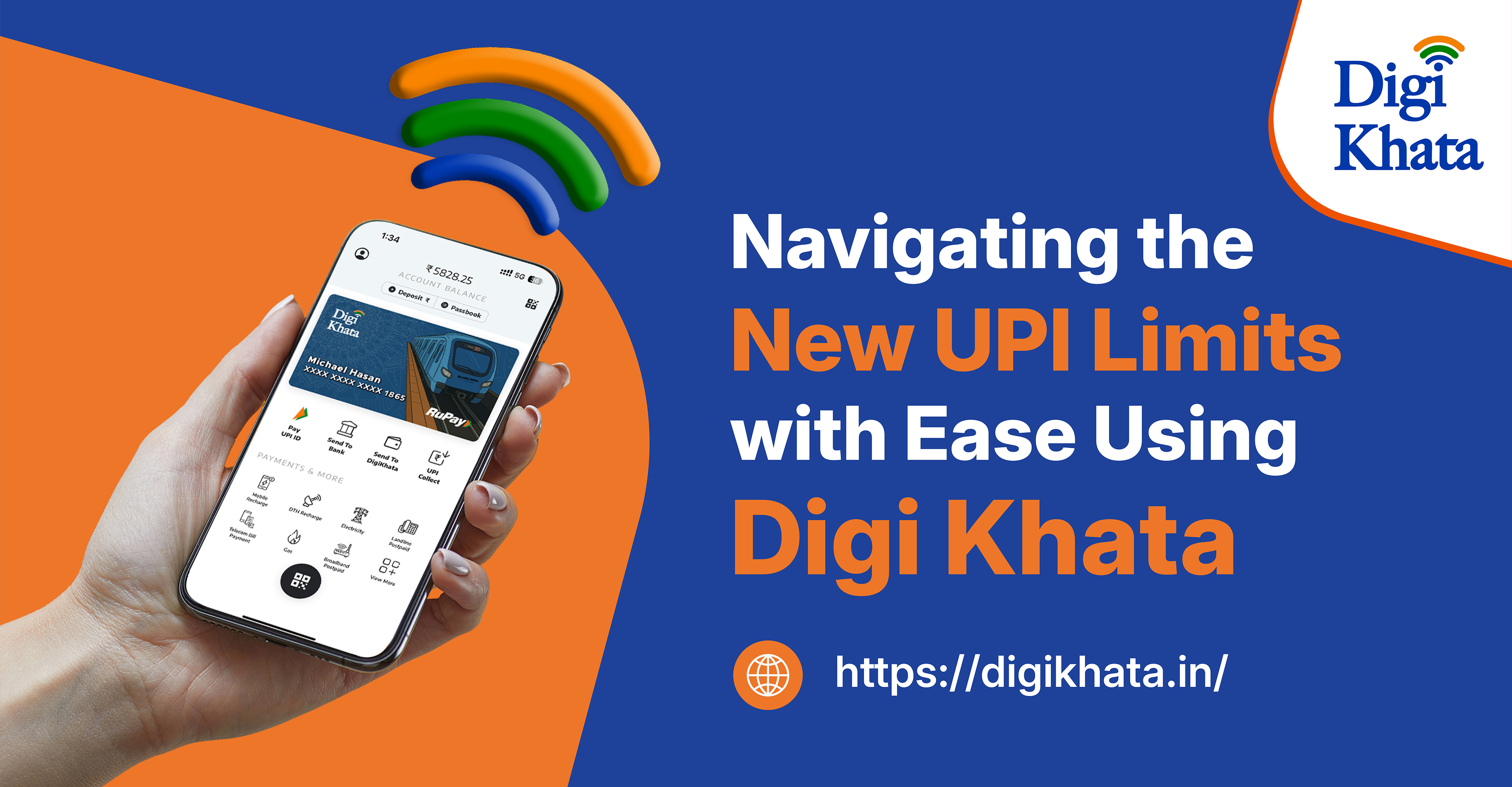Sep 16, 2025
Frauds and the Payment Industry in India

By Ketan Doshi, Managing Director, PayPoint India
Introduction
India’s digital payment revolution has reshaped the way we transact — from bustling metros to the remotest villages. Yet with rapid adoption has come a parallel rise in cybercrime, particularly identity theft and KYC fraud. Building trust, security, and awareness has now become the cornerstone of safeguarding this progress.
The Growing Threat of Identity Fraud
Identity theft remains one of the most serious risks, where fraudsters misuse sensitive data such as PAN, Aadhaar, or bank credentials to execute unauthorised transactions. With personal information increasingly traded on the dark web, these frauds have grown more sophisticated, leaving victims exposed to both financial and emotional harm.
Social Engineering and Biometric Frauds
Phishing and vishing scams continue to exploit human trust. Impersonating bank or government officials, fraudsters deceive individuals into revealing confidential details or transferring funds. Adding to this concern is biometric fraud within the Aadhaar-enabled Payment System (AePS). Fraudsters replicate fingerprints using silicon thumb imprints to bypass biometric scanners that lack advanced liveness detection, gaining illicit access in vulnerable regions.
Other Common Payment Frauds in India
• OTP fraud, where victims are tricked into sharing one-time passwords.
• UPI request fraud, where fake payment requests lead to unauthorized transfers.
• Fake QR codes, redirecting payments to fraudulent accounts.
• Bank account deactivation scams, where threats are used to extract sensitive information.
Ripple Effect on the Payment Industry
Frauds create a dual impact: financial and reputational. In 2024, India witnessed a 60% increase in such cases, with losses exceeding ?1,200 crore. For businesses, particularly SMEs, fraud investigations and security enhancements lead to operational strain. For consumers, trust in digital payments is eroded — a serious setback in India’s journey towards financial inclusion.
Mitigation and Prevention
The industry must respond with a multi-layered strategy. At Digi Khata, an RBI-authorised payments platform, we are deeply invested in this mission.
• Enhancing Security Protocols: We use advanced two-factor authentication, device binding, and real-time monitoring to safeguard every transaction. Our biometric verifications are supported with liveness detection to reduce the risk of spoofing.
• Regulatory Compliance: We strictly adhere to RBI’s KYC norms, the Digital Personal Data Protection Act (DPDP) 2023, and data localisation rules. These ensure compliance and protect user privacy at every stage of digital onboarding.
• Consumer Awareness: Security also depends on informed users. We actively educate customers on recognising fraud signals — such as ignoring suspicious calls not originating from the official 140xxxxxxx or 160xxxxxxx series — and encourage safe digital behaviour.
• Secure Digital Onboarding: Through video KYC and multi-layered verification, we ensure customers can join the platform seamlessly while keeping their identity safe.
Conclusion
India’s payments industry faces the dual challenge of expanding financial inclusion while preventing fraud. The way forward lies in combining technology, regulation, and awareness to build a system that is both inclusive and secure.
At Digi Khata, we are committed to this vision. With robust KYC fraud prevention measures, secure digital onboarding, and RBI authorisation, we ensure safety is never compromised. For new users, the first step towards trust is simple: verify your KYC with Digi Khata today and experience payments that are secure, seamless, and dependable.
 Dec 02, 2025
Dec 02, 2025
 Aug 28, 2025
Aug 28, 2025
 Dec 25, 2024
Dec 25, 2024

